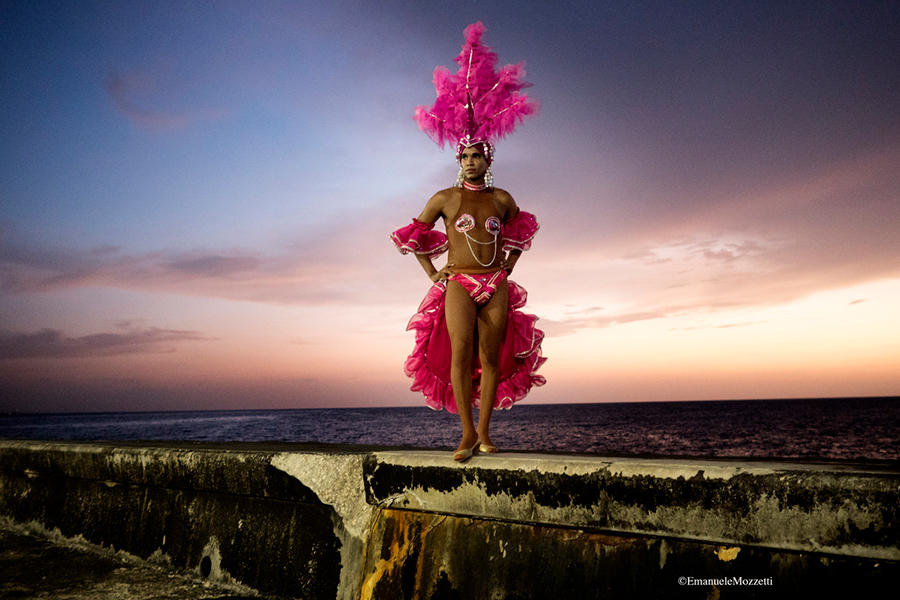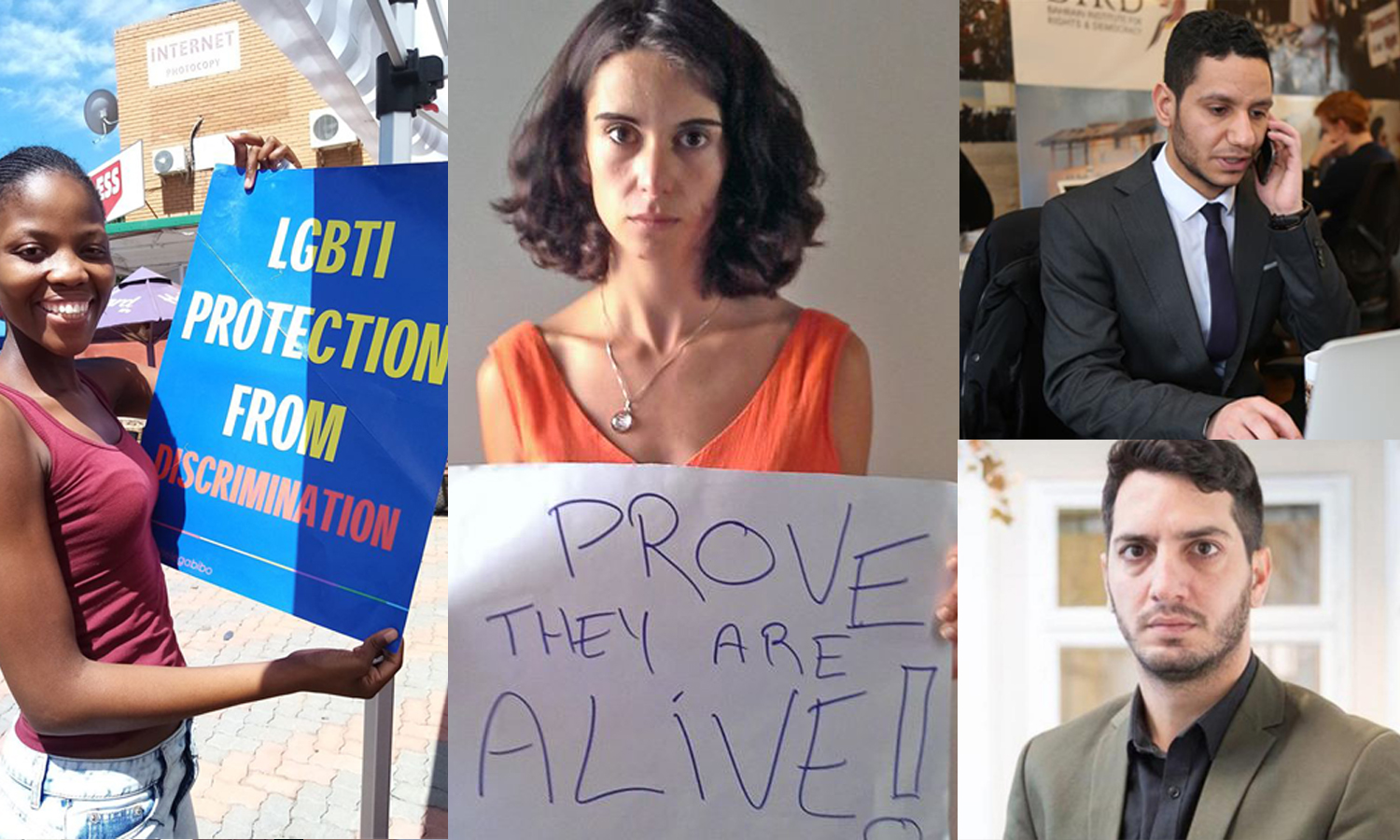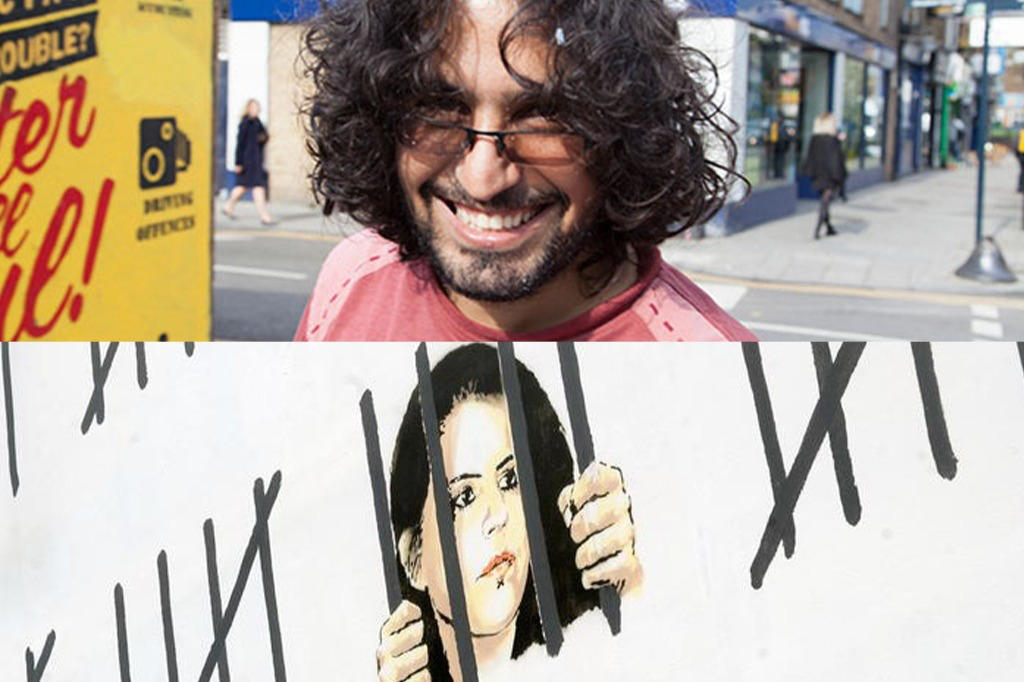INDEX REPORT
Taking the offensive – defending artistic freedom of expression in the UK
Report Contents: Summary | Introduction | What is artistic freedom of expression? | What are the limits to freedom of expression? | Institutional self-censorship | Reinforcing support for artistic freedom of expression | Conclusion | Appendix I: Audience Feedback and Statistics | Appendix II: Conference Programme | Appendix III: Cases of Censored Artwork | Artist Videos | Full report in PDF
Self-censorship stifling UK artistic expression
Widespread self-censorship and fear of causing offence is suppressing creativity and ideas in the United Kingdom, according to a report published by Index on Censorship. (Index on Censorship)
GLOBAL
Facebook and the outer limits of free speech
The great thing about the Web is that it has given the opportunity to billions of people, who would otherwise never have had a chance to publish, to express their most urgent thoughts with an Internet connection and a few finger-flicks. (Reuters)
ADL’s Foxman Analyzes Intersection of Online Hate and Free Speech in New Book
Abraham H. Foxman, national director of the Anti-Defamation League (ADL), on June 4 is releasing his new book VIRAL HATE: Containing Its Spread on the Internet, co-written with attorney Christopher Wolf, a pioneer in Internet law. (The Algemeiner)
AUSTRALIA
Cash for no comment tramples free speech
Bend over and take your cuts. The headmaster is dishing out the cane to a variety of backsides, most of whom don’t deserve any punishment at all. (The Sydney Morning Herald)
BRAZIL
Brazilian court gags protester in latest social media ruling
A judge from the Brazilian state of São Paulo has barred a protester from an allegedly illegal construction site or even posting about it on Facebook. It’s the latest in a string of rulings targeting social media in the country. Rafael Spuldar reports (Index on Censorship)
CANADA
Rob Ford, Toronto Star, And Libel Chill: How Gawker Got The Crack-Smoking Scoop
If a newspaper isn’t willing to deliver news of public interest to its readers, it’s only a matter of time before someone else will step in. The Toronto Star learned that lesson the hard way earlier this month when Gawker, a New York-based gossip blog, scooped the century-old newspaper by announcing Toronto Mayor “Rob Ford Smokes Crack Cocaine” in a blog post that has since been viewed by almost 1 million people. (International Business Times)
IRAN
US eases export restrictions in bid to aid free speech
The United States has lifted a ban on sales of communications equipment to Iranians and opened access to internet services and social media, aiming to help the Iranian people circumvent tough government controls. (The Telegraph)
SINGAPORE
Singapore: Regulation or censorship?
Singaporean journalists and bloggers are criticising a new media regulation that they believe will stifle independent news and information about the country. (Al Jazeera)
TUNISIA
Tunisia: Amend Counterterrorism Law – Reforms Necessary to Protect Fundamental Rights
Tunisian legislators should revise the 2003 counterterrorism law, Human Rights Watch said today in a letter to the National Constituent Assembly. The 2003 law uses an overly broad definition of terrorism and incitement to terrorism and undermines the right to an effective defense. Prosecutors should not charge anyone under the law until it is amended in line with Tunisia’s human rights obligations, Human Rights Watch said. (All Africa)
Tunisia topless protester faces new charges
A Tunisian judge on Thursday announced fresh charges against a young Tunisian woman with the topless protest group Femen, as three Europeans began a second night in custody after baring their breasts. (AFP)
UNITED KINGDOM
Artists afraid of losing sponsors ‘are self-censoring,’ says Sir Nicholas Serota
The director of Tate Galleries warns of influence of special interests as study reveals limit to creative freedom. (The Independent)
Censorship and the arts: There’s a web of challenges to free expression
Many acknowledge that fear of causing offence feeds self-censorship; others stress that over-protectiveness denies the audience the opportunity to decide for itself. (The Independent)
Theresa May betrays our values by banning extremists from the airwaves
Theresa May’s proposals to ban radical preachers from the airwaves and block extremist websites are illiberal, impractical and may breach the UK’s commitment to human rights, Michael Harris writes. (Index on Censorship)
Snooper’s charter is threat to internet freedom, warn web five in letter to May
Google, Microsoft, Facebook, Yahoo! and Twitter dismiss email tracking as too costly and ‘highly contentious’. (The Guardian)
UNITED STATES
Did Public Television Commit Self-Censorship to Appease Billionaire Funder David Koch?
Filmmakers Tia Lessin and Carl Deal say plans for their new documentary to air on public television have been quashed after billionaire Republican David Koch complained about the PBS broadcast of another film critical of him, “Park Avenue: Money, Power and the American Dream,” by acclaimed filmmaker Alex Gibney. Lessin and Deal were in talks to broadcast their film, “Citizen Koch,” on PBS until their agreement with the Independent Television Service fell through. (Democracy Now)
Dark money is not free speech
Let’s be clear. Gov. Rick Perry’s veto of a “dark money” bill is not about free speech, as he claims.
It’s about dirty politics and secret donors. The veto is support for old-school cronyism. (San Antonion Express-News)
ZIMBABWE
Baba Jukwa manifests freedom of speech
THE Baba Jukwa social media phenomenon — which has taken Zimbabwe by storm as the anonymous writer nears 100 000 likes on Facebook — needs to be evaluated in the context of free speech and free flow of information in a democratising society such as Zimbabwe, as it gives a critical dimension into resistance struggles that do not necessarily involve “big men” but “small men” agency which has sent shock waves across the entire authoritarian system while ruffling feathers of the powers that be. (Zimbabwe Independent)





